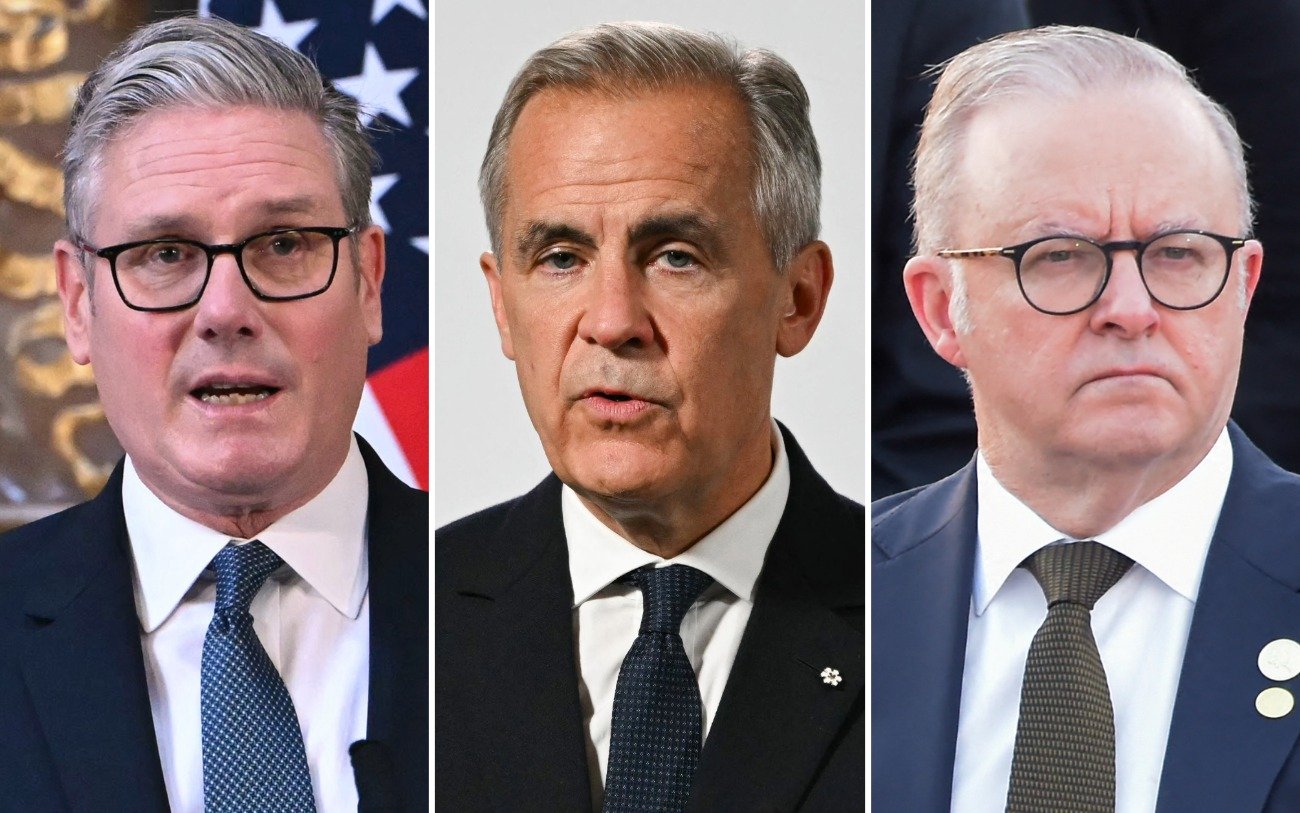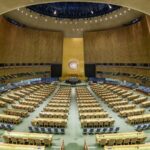In a coordinated move at the United Nations General Assembly in New York, the United Kingdom, Canada, Australia, and Portugal have officially recognized the State of Palestine, marking a significant shift in Western diplomatic posture toward the Israeli-Palestinian conflict. The announcement comes amidst mounting international pressure on Israel over its conduct in Gaza and stalled peace efforts.
UK Prime Minister Keir Starmer declared on X (formerly Twitter) that Britain would recognise Palestine, saying that Israel had failed to meet a series of conditions including a ceasefire in Gaza, increased humanitarian access, and a commitment to the two-state solution. Canada and Australia followed suit, similarly affirming their recognition as part of “a coordinated international effort to build new momentum for a two-state solution.” Portugal’s Foreign Minister Paulo Rangel added that the recognition aligned with Portugal’s longstanding foreign policy, emphasizing the urgency of a ceasefire and demanding the release of all hostages.
The move carries both symbolic and strategic weight. Britain, in particular, has historical ties to the region dating back to the early 20th century and played a role in the establishment of Israel post-World War II — factors that make its shift especially resonant. The decision by these nations is likely to provoke strong reactions from Israel and possibly strain relations with its allies, including the United States, which has traditionally resisted early recognition of Palestinian statehood without a negotiated peace settlement.
From the Palestinian perspective, the recognition is being hailed as “long overdue” and a correction of “historic wrongs,” offering a renewed glimmer of diplomatic validation for their statehood claims. For many in the international community, this act also signals growing impatience with the status quo and a push to redefine the terms of peace negotiations.
Still, recognition alone may not result in immediate changes on the ground. Israeli Prime Minister Benjamin Netanyahu has publicly rejected the idea of a Palestinian state and warned that recognition by foreign governments rewards what he describes as “terrorism.” Meanwhile, the four recognizing countries stressed that recognition did not negate ongoing calls for humanitarian relief, accountability for violations, or a durable peace framework.
Analysts suggest that this development may encourage more countries to follow suit and could alter diplomatic alignments, particularly within international bodies. However, the practical impact will depend heavily on whether this gesture translates into concrete changes in Israel-Palestine relations, how the U.S. responds, and whether renewed diplomatic channels can achieve meaningful progress toward a two-state solution.












Leave a comment